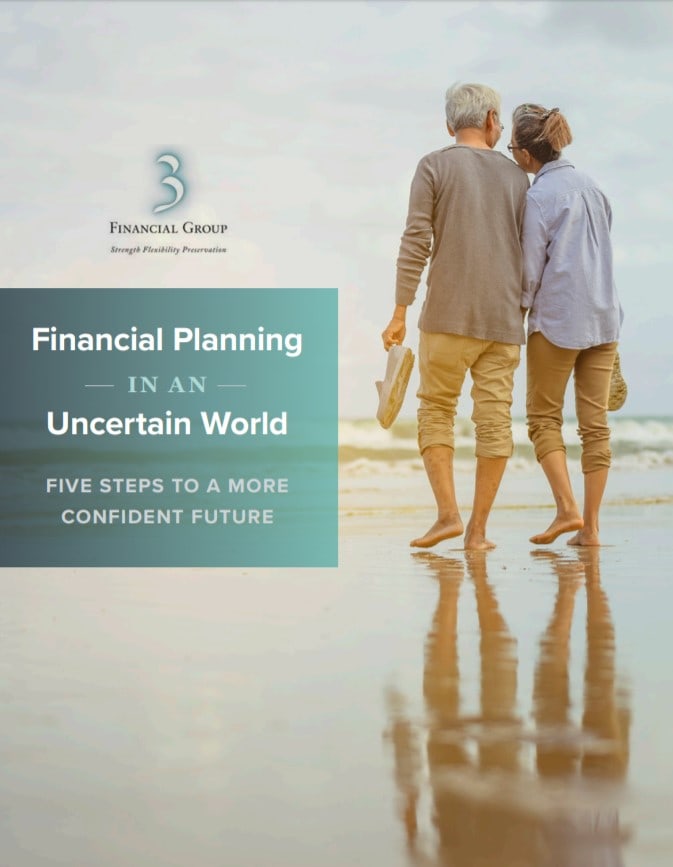Last month, a single bet on Tiger Woods winning the Masters resulted in a $1.2 million payout.
This was not a bet made by a wealthy individual or professional gambler. Rather, the bettor was a self-employed day trader saddled with a mortgage, two student loans and two car loans. He describes himself having a background in finance and considers himself “a responsible guy.”
I don’t know how responsible it is when someone in significant debt places an $85,000 bet on a single outcome. What would cause “a responsible guy” to do something so risky?
How Reliable is a Hunch?
He got lucky. Plain and simple. But that isn’t the way he sees it. “I just thought it was pre-destined for him to win.” It was a “feeling I had that led me to bet on Tiger in the first place.”
It was a feeling, a hunch. And because of the positive outcome, he may overestimate his ability to identify future “pre-destined” outcomes. Or he may allow his feelings to override logic and reason when making future financial decisions.
Skill Versus Luck
Luck happens in life. Sometimes it goes our way, sometimes it doesn’t. Outcomes, especially in the short term, are seldom evidence of skill or even wise decision making. They are more likely driven by luck or chance than skill. The same is true with investing.
As investors, we sometimes confuse luck with skill. Skill in investing is rarely demonstrated by short-term outcomes; luck and chance rule that time period.
Investment skill is often demonstrated by discipline to a strategy and patience. Constant fluctuations in asset prices and the role of luck make this very difficult. We want instant feedback, and sometimes we get impatient. But that is what separates the skillful investor from all the rest – staying the course.
Source: Golf Digest https://www.golfdigest.com/story/gambler-who-won-dollar12-million-on-tiger-woods-2019-masters-victory-i-had-never-placed-a-bet-on-sports-in-my-life
(c) 2019 The Behavioral Finance Network. Used with permission.


